Are you trying to figure out how to invest in crypto without a lot of money? We’ve got the answer for you! Don’t ignore the investment forms: Seed, Private, IDO, and IEO. Now, we’ll go into great detail regarding the characteristics and advantages of each.
Seed Round Investment Form
What is Seed Round?
Seed Round is a method for new projects to raise money for the first time. The money raised in the Seed Round will be put toward activities such as market research, product development, research on target customers, etc. From there, it shows whether or not the idea is really useful and effective. Seed Round investors will be called angel investors (for individuals) or venture capital funds (for institutions).
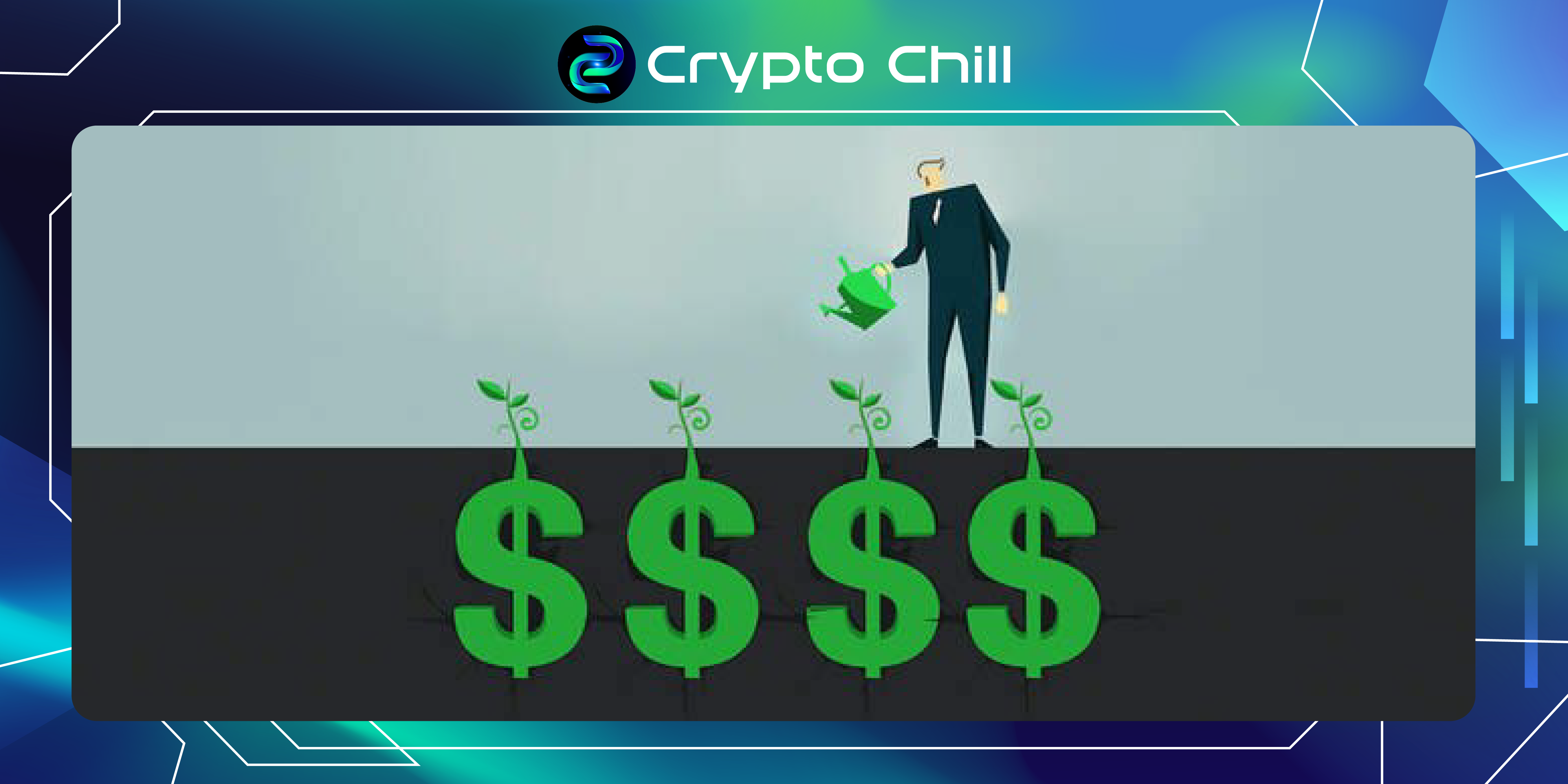
Benefits of Seed Round
An easy metaphor for the function of the Seed Round is to plant trees. In order to provide a stable foundation on which the plant can grow and develop healthily, these plants don’t begin growing immediately but start with small and strong-rooted seedlings. Similarly, Seed Rounds also provide startups with the capital they need to build a foundation for their business.
When a startup has successfully raised funds in the Seed Round, it can put that capital to use to explore business models and determine whether or not its product is a good fit for the market.
Read also: Hooked Protocol – Web3 Gamified Social Learning Platform
Private Sale Investment Form
What is Private Sale?
The term “Private Sale” refers to an event that brings together companies and investors in a setting that is less open to the public. It not only aims to raise capital for blockchain projects but also to entice investors to join and contribute ideas in order to assist in the development of enterprises.
The following documents are typically required by companies who are ready for a Private Sale:
- Firstly, and most importantly, a full description of the project and its purpose.
- Description of investment budget.
- Expected amount to be raised.
- The economic/legal basis of the token.
- Real demand for tokens.
- Stakeholders participated in Private Sales.
- Market awareness and experience of the development team.
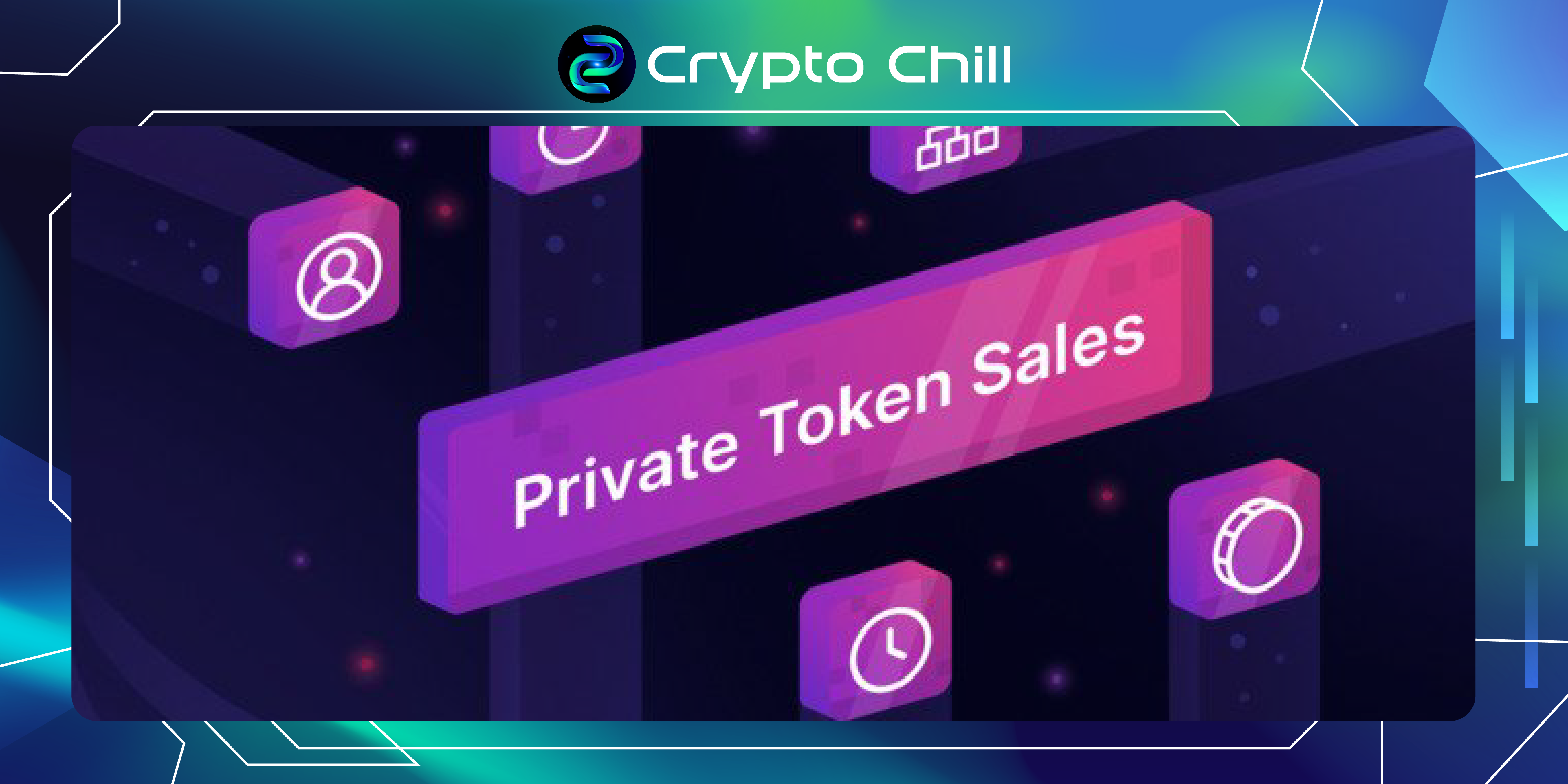
Advantages and Disadvantages of Private Sale
Advantages
- Bonuses and discounts are more than other forms of investment.
- The ability to get quick profits.
- Investors have the right to meet directly with the founders and management, to ask questions about the idea, design, and construction of blockchain infrastructure.
Disadvantages
- High risk due to the unpredictable nature of project performance.
- No MVP (first test product) at this stage.
- The volatility of crypto assets affects bonuses and discounts.
- Token lock time can be extended.
- Stricter KYC requirements. Therefore, not everyone can be invested in the Private Sale round.
- Token issuance usually takes a long time.
IDO Investment Form
What is IDO?
IDO (Initial Dex Offering) is a method of raising funds on a decentralized exchange (DEX) by using a liquid exchange. At this time, investors will provide liquidity to the DEX pools and swap tokens. Pool is a combination consisting of a stablecoin and various cryptocurrencies. In detail, the term “pool” refers to a location where stable coins and cryptocurrency asset pairs can be stored. For example, USDT/ETH is a liquid pair. An IDO event can be organized by anyone, so there are significant risks involved.
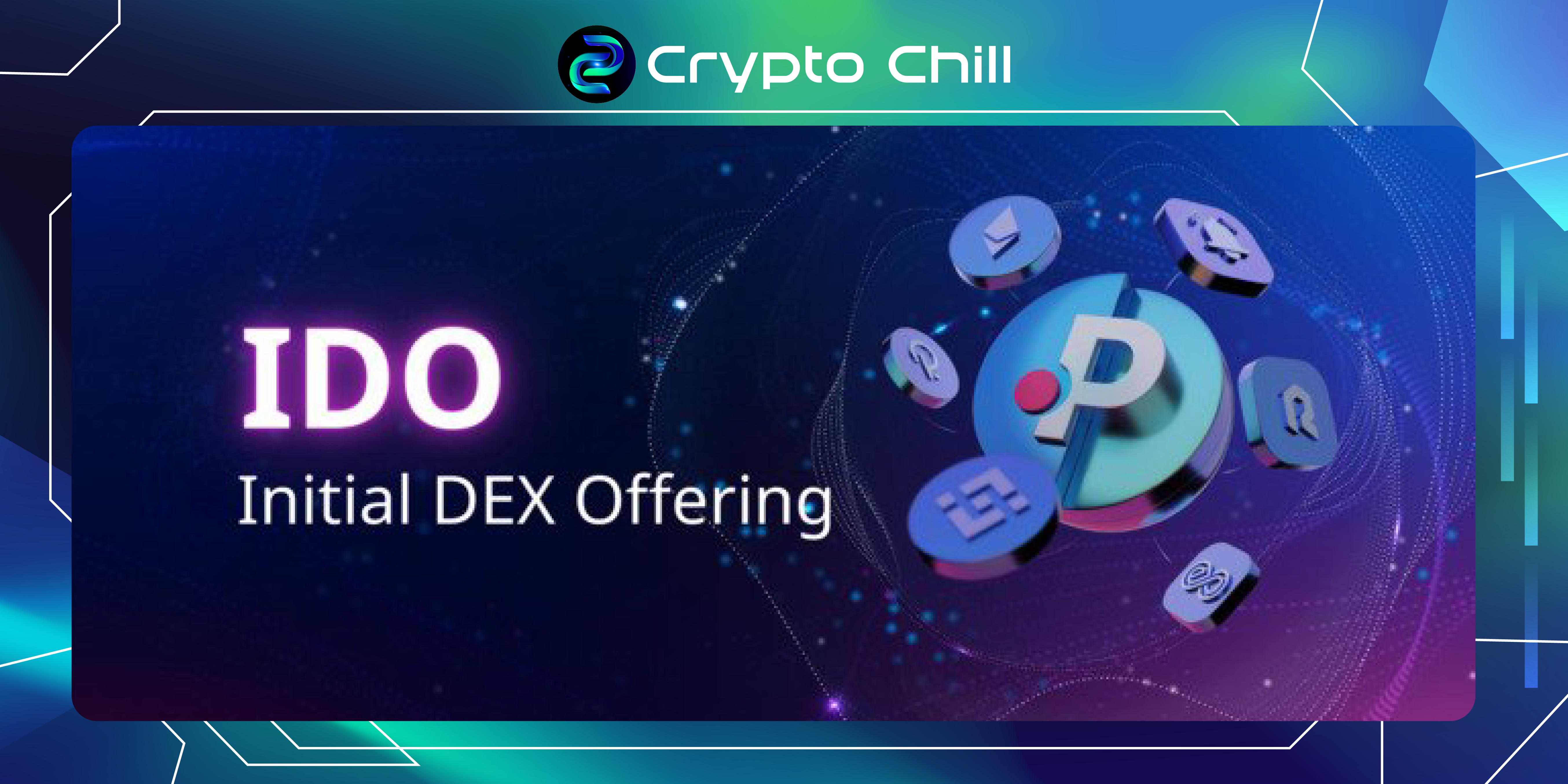
How does IDO work?
IDO sells tokens with the help of a decentralized exchange (DEX). A crypto project that offers its own token on the DEX. Also, users have to commit their funds through the platform. Following then, the DEX will be in charge of carrying out the process of transferring and distributing the funds. The most important thing is that the process is fully automated by smart contracts on the blockchain.
IDO’s rules ensure compliance with the standard:
- The DEX censors and accepts to run a project IDO. Then, they will give users project tokens with a fixed price. In exchange for these tokens, users will have to lock their coins.
- Users are required to complete some tasks in order to be joined to the project’s whitelist; alternatively, you can offer your wallet address.
- A portion of the funds raised goes into the liquidity pool, which is locked for a certain period of time. In contrast, the remaining funds are distributed among the members of the project team.
- The project token is transferred to the user’s wallet after the IDO concludes.
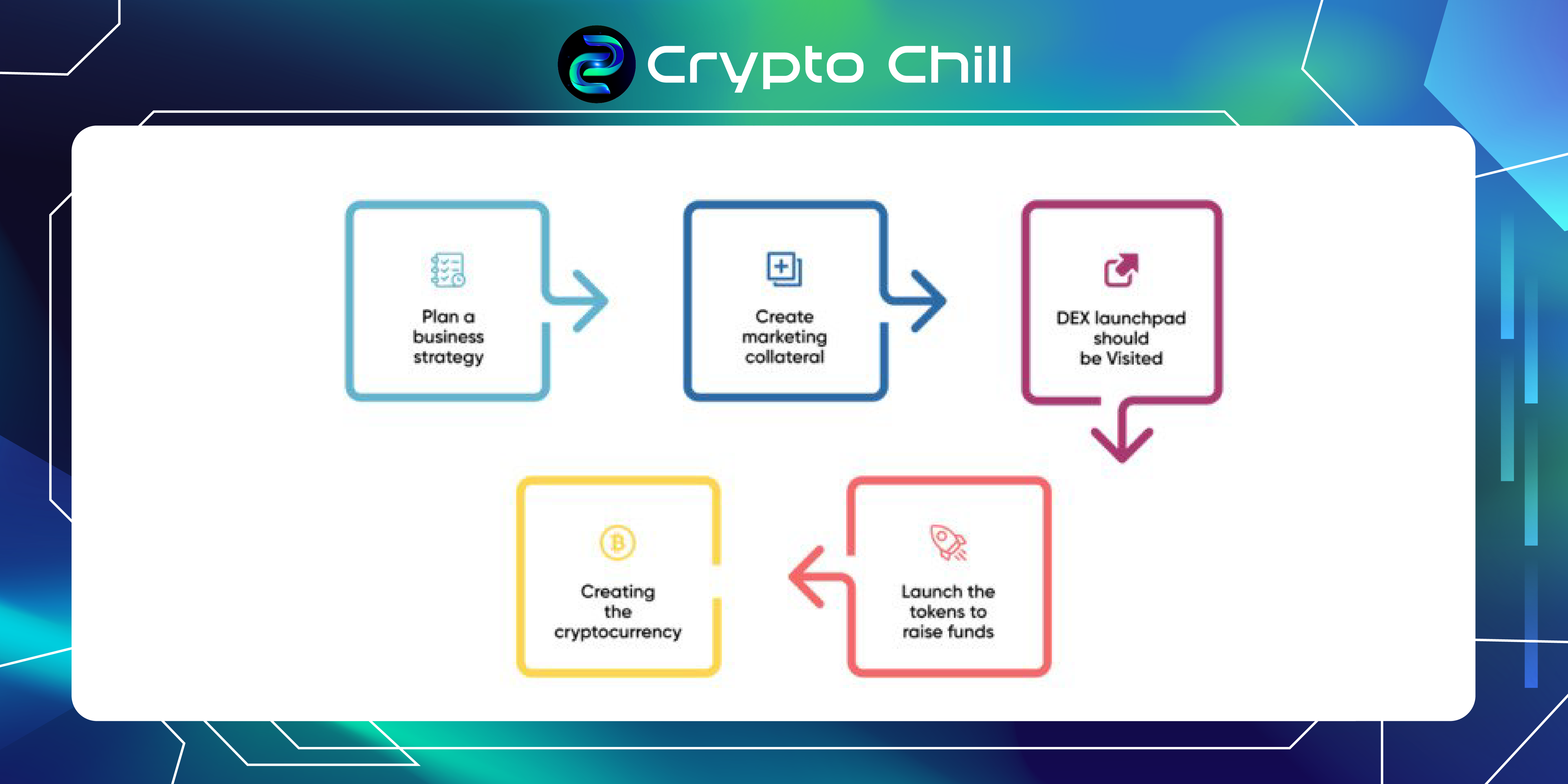
Part 2 is coming up: Explore investment forms to gain money: Seed, Private, IDO, and IEO (Part2)
Disclaimer: The information in this article is not investment advice from CryptoChill. Cryptocurrency investment activities are not recognized and protected by the laws of some countries. Cryptocurrencies always carry many financial risks. Do your own research before making any investment decisions based on this website’s information.




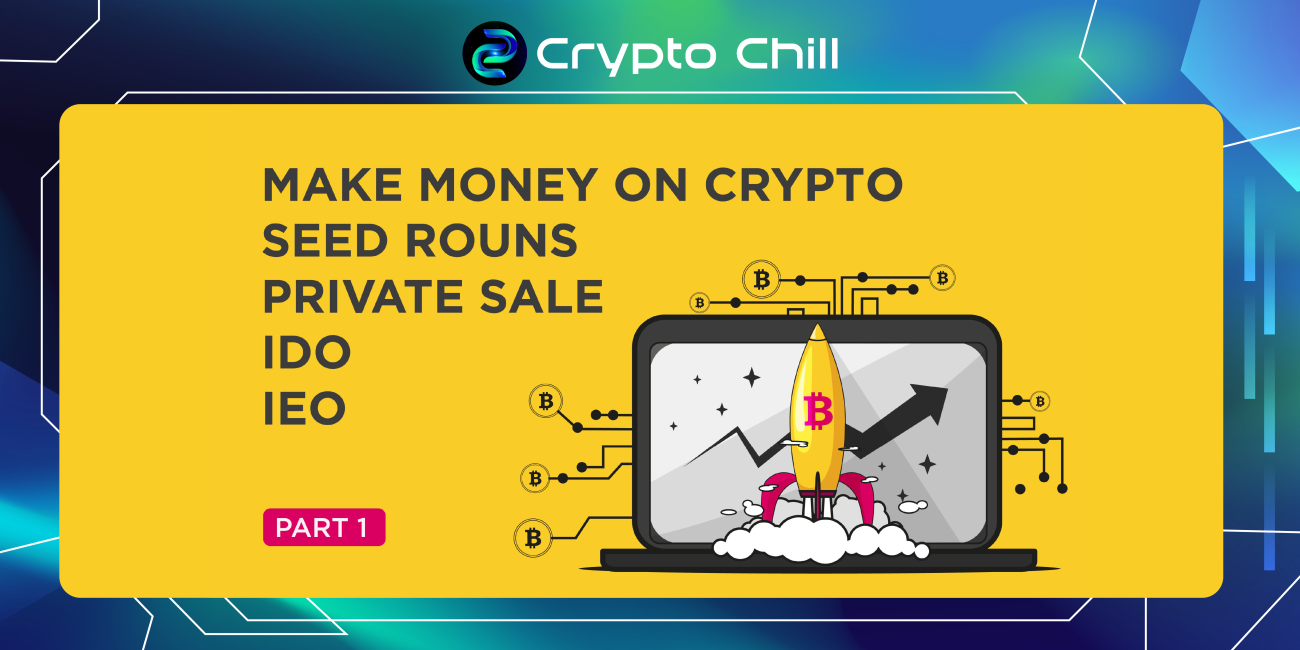
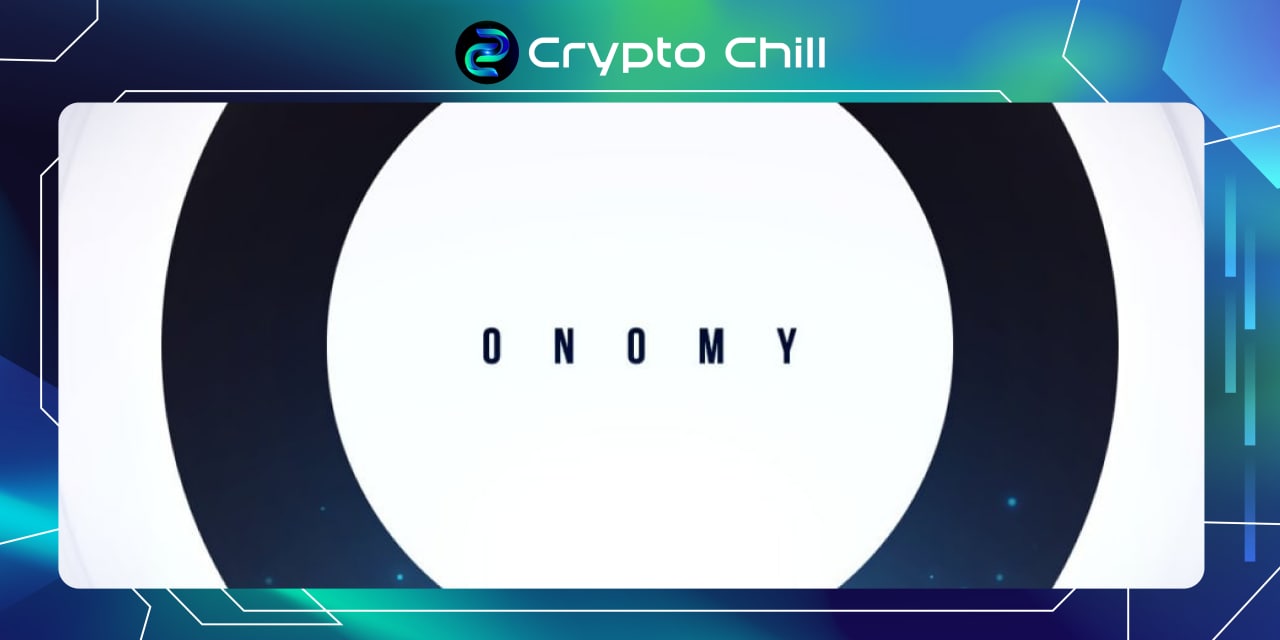
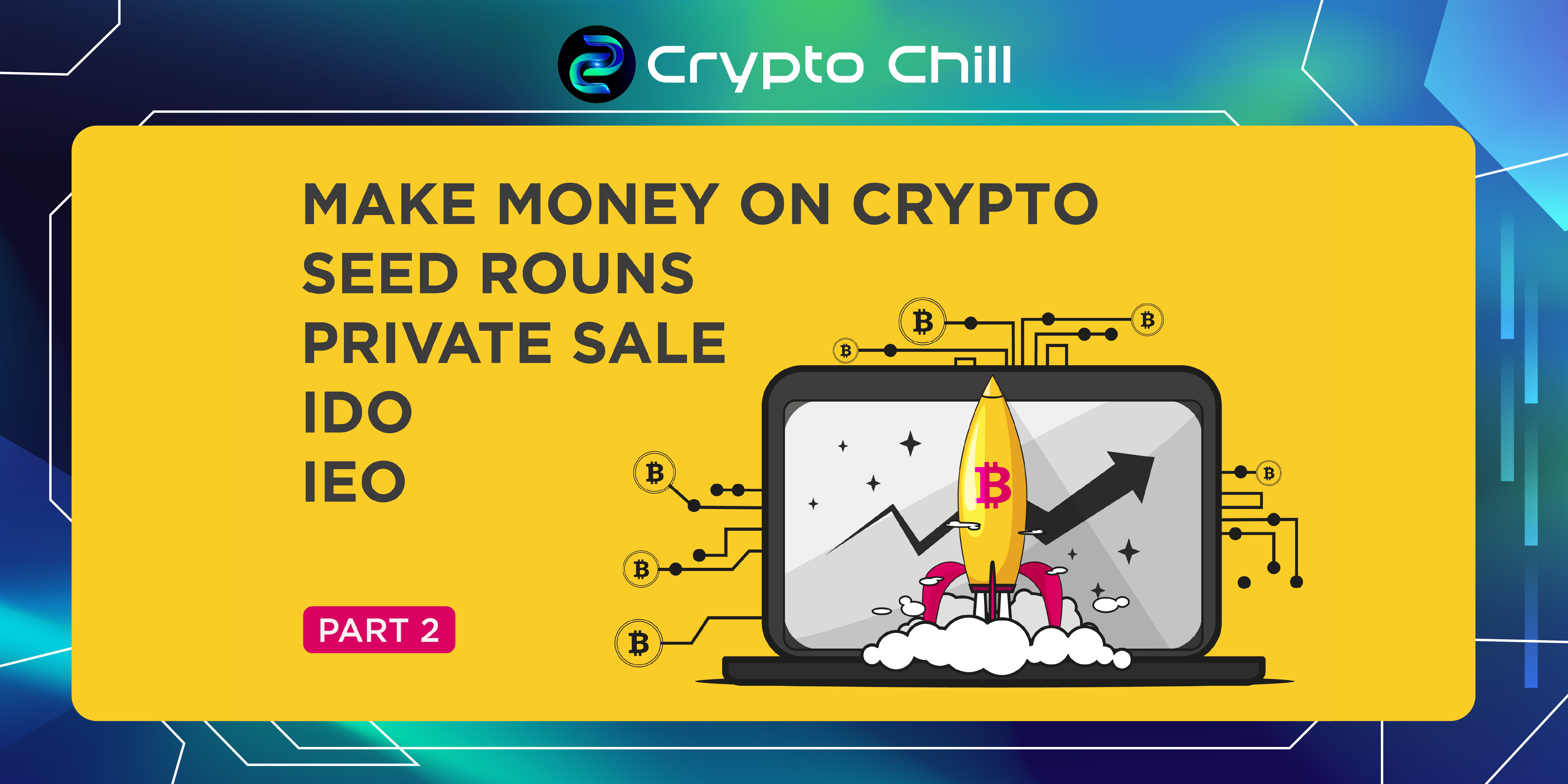
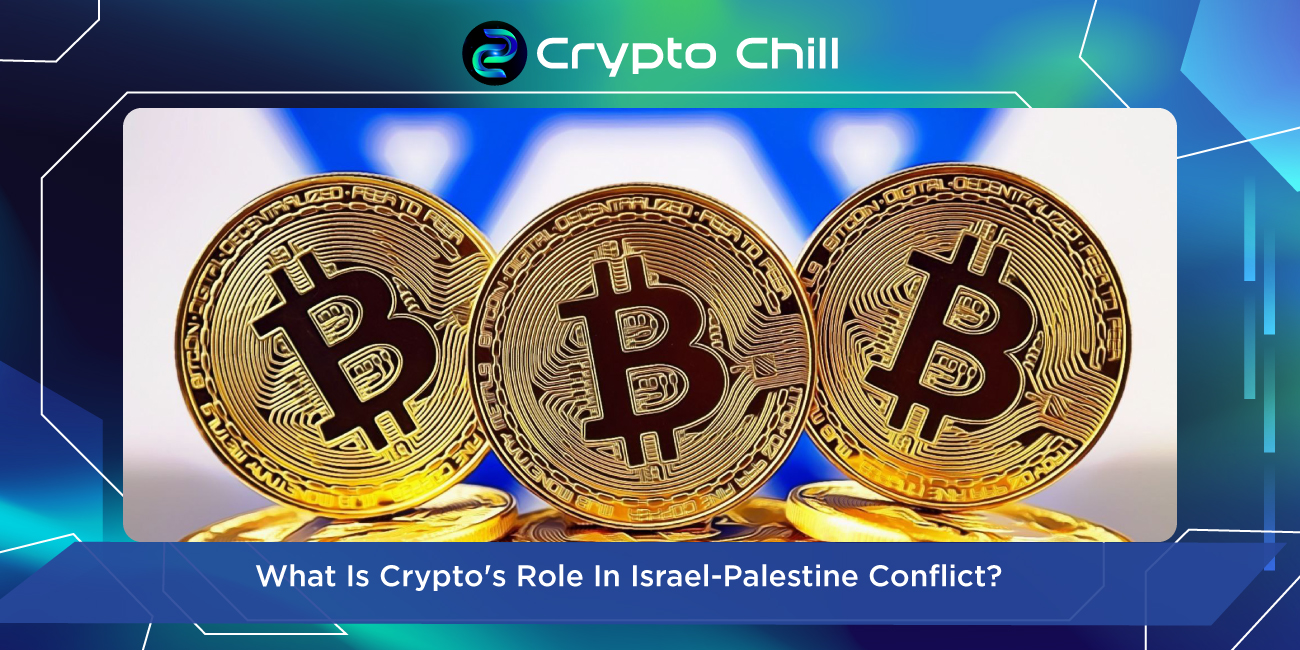


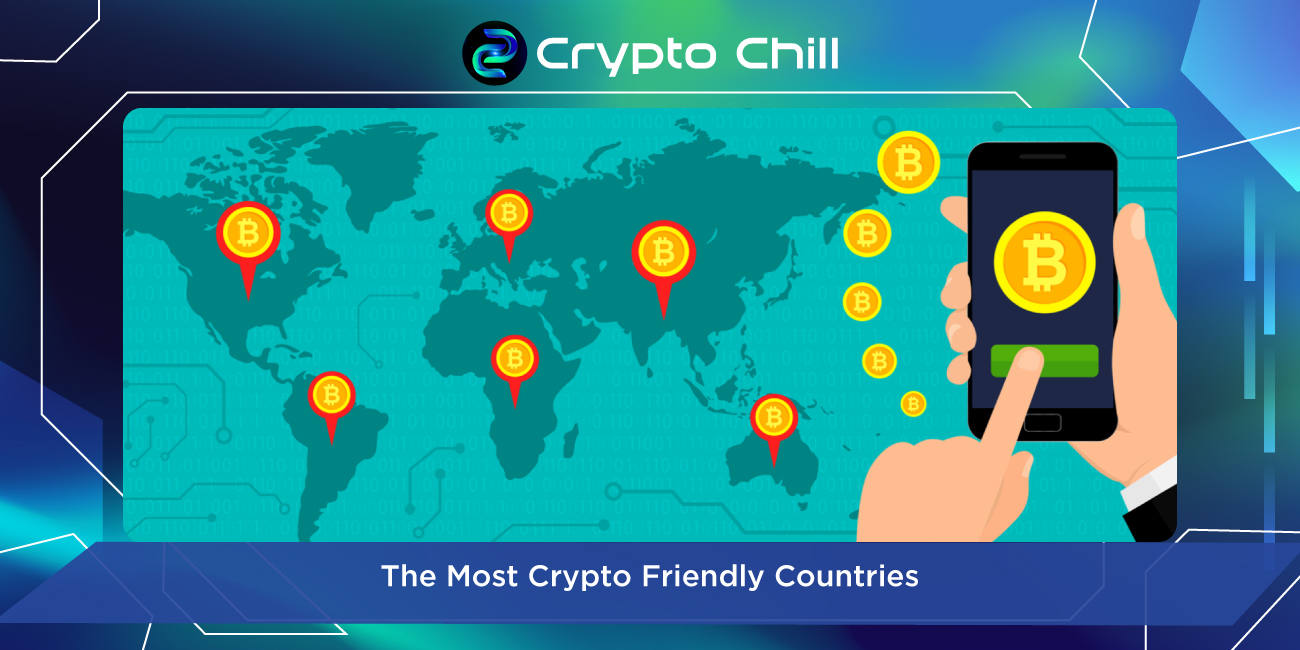
[…] Read more: Explore investment forms to gain money: Seed, Private, IDO, and IEO (Part1) […]